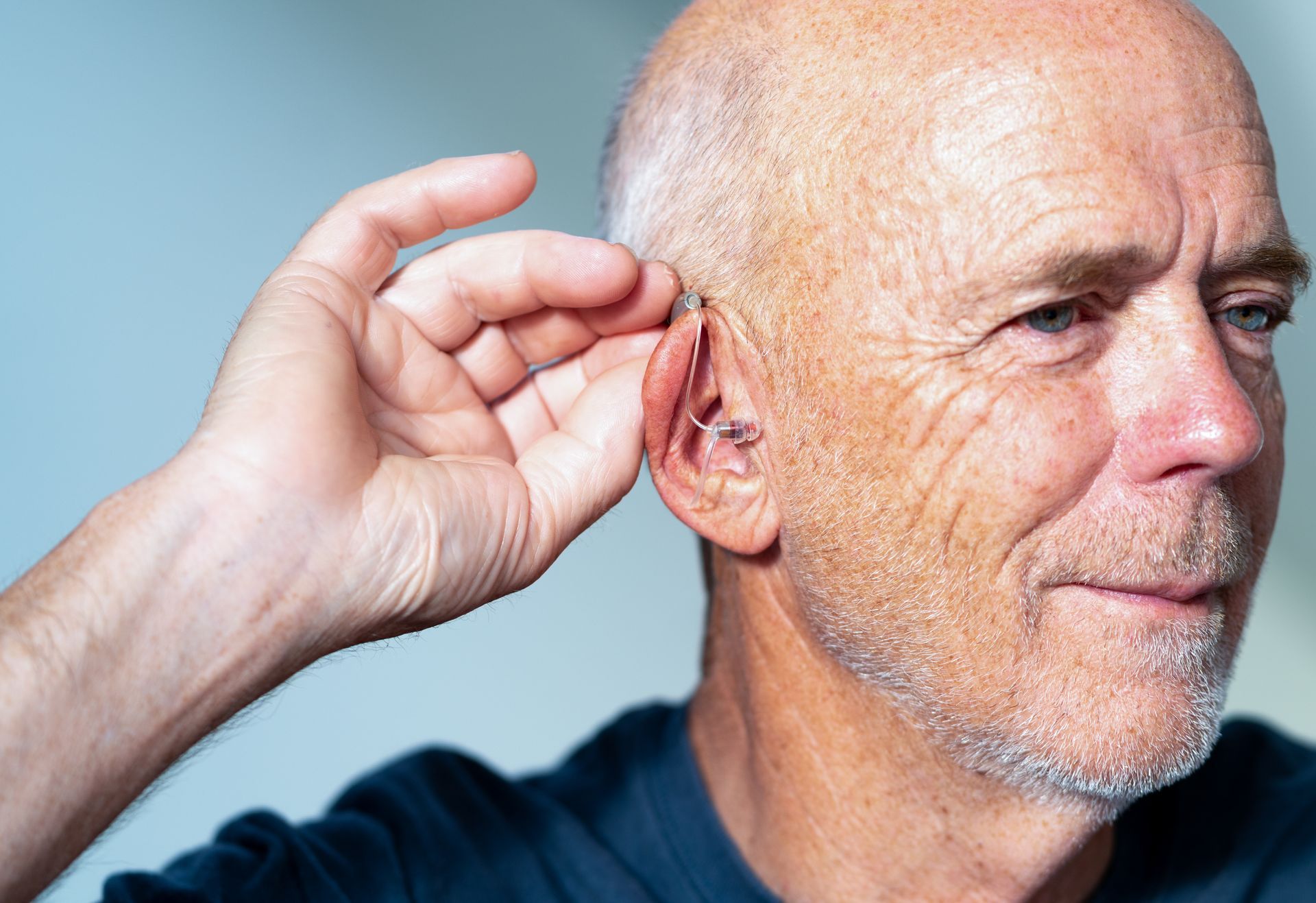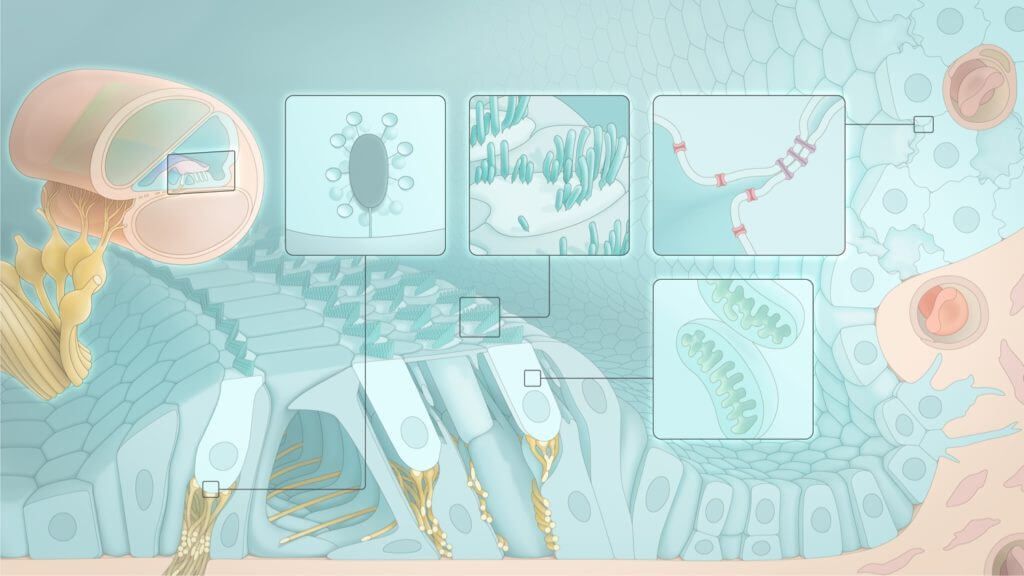Ways Seniors Can Protect Their Hearing
Age-related hearing loss, also known as presbycusis, can be influenced by a variety of things “including heredity, medical disease and environmental factors.”
Because seniors are at a higher risk of hearing loss than the younger population, it’s important to know what steps they can take to protect their hearing health.
Limit Your Exposure To Harmful Sounds
Exposure to loud noise is one of the leading causes of hearing loss. Any sound over 85 decibels (dB) has the potential to affect your hearing. The louder the noise, the more likely it is that damage will occur. As you age, it becomes more likely that the cumulative effects of being around loud noise, either through working in a loud environment or engaging in hobbies like hunting or motorcycle riding, will lead to permanent hearing loss.
Thankfully, using proper hearing protection like earplugs, earmuffs or custom earmolds allows you to still do what you need and want while keeping your ears safe.
Keep the Volume Down at Home
Exposure to harmful volumes can happen inside your own home just easily as outside. Try to make sure you prioritize your hearing by keeping the volume at a reasonable level when listening to music or watching TV and aim to purchase appliances for your home or yard that have low noise ratings.
Check Your Medicine Cabinet
Certain medications are ototoxic. This means they can damage the ears, leading to problems like tinnitus, balance issues and hearing loss. Sometimes, in the case of taking a large dose of aspirin, these effects can be temporary. However, other medications, both over-the-counter and prescription, may be more likely to cause permanent problems. Ask your doctor if any medications you take put your hearing at risk.
Eat Healthy and Stay Active
Certain chronic conditions, like heart disease and diabetes, have been linked to an increased risk of hearing loss. Both of these conditions are also more likely to affect seniors. You can’t control any genetic factors that may make you more predisposed to these conditions. However, you can try to minimize your risk by eating healthy, having regular check-ups and getting regular exercise by joining a gym or taking walks at The Naples Preserve.
Make an Appointment for a Hearing Test
If you’ve noticed a ringing in your ears or that you’re having a hard time following conversations at home or work, make an appointment for a hearing test. The sooner you get tested, and an audiologist can recommend treatment options like hearing aids, the more likely it is that future hearing damage can be minimized or prevented.
For more information or to schedule an appointment for an evaluation, call Center For Hearing today.
- Understanding Infant Hearing Loss
- The Relationship Between Exercise and Hearing Loss
- Muffled Hearing: Common Causes and Solutions



